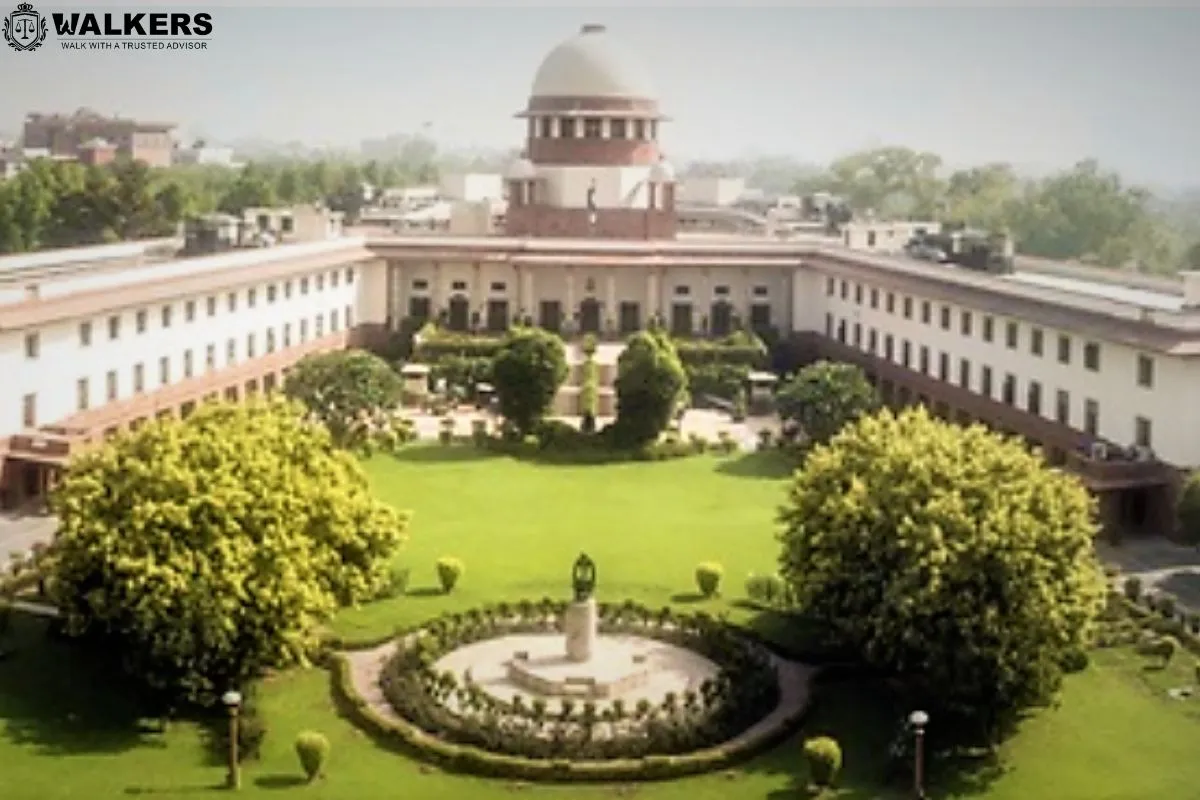


The Supreme Court has dismissed a petition challenging the legality of Section 8(3) of the Representation of the People Act, 1951, which disqualifies any person convicted of an offence and sentenced to imprisonment for not less than two years from being a Member of Parliament or a Member of a Legislative Assembly. The plea was filed by activist Aabha Muralidharan from Wayanad constituency, who had objected to the disqualification of Rahul Gandhi as an MP after being convicted for defamation. However, the bench comprising Chief Justice DY Chandrachud, Justice PS Narasimha, and Justice JB Pardiwala noted that the petitioner had no locus in the matter and refused to entertain the petition. The CJI emphasized that only an aggrieved person could bring such a challenge to the court and dismissed the plea, which was subsequently withdrawn by the petitioner.
The petition challenging the legality of Section 8(3) of the Representation of the People Act, 1951, was withdrawn by the petitioner, Aabha Muralidharan, represented by Advocate Deepak Prakash and drawn by Advocate Sriram Parakkat. The plea had argued that Section 8(3) was contradictory to other sections of the 1951 Act, as it provided for automatic disqualification of MPs and MLAs without considering the nature, gravity, and seriousness of their offences or the stage of appeal. The plea had also contended that this provision violated the principles of natural justice and the right to freedom of speech and expression under Article 19(1)(a). The petition cited the case of Rahul Gandhi, who was automatically disqualified as an MP due to his conviction for defamation, as an example of the unfair application of this provision. However, the petitioner withdrew the plea after the bench noted that only an aggrieved person could bring such a challenge and that the petitioner had no locus in the matter.
The withdrawn plea had requested the Supreme Court to declare that there is no automatic disqualification under Section 8(3) of the 1951 Act and that any such disqualification in cases of conviction be declared unconstitutional. The petition also sought a declaration that Section 499 of the Indian Penal Code or any other offence with a maximum punishment of two years' imprisonment should not lead to the automatic disqualification of any incumbent member of a legislative body, as it violates their right to freedom of speech and expression. The petitioner had argued that such blanket disqualifications without considering the nature and gravity of the offences or the stage of appeal were a violation of the principles of natural justice and an impediment to the democratic representation of the people. However, the petitioner chose to withdraw the plea after the bench observed that the petitioner lacked standing in the matter and only an aggrieved person could bring such a challenge.
Click Here to: Download/View Related File
TAGS: Supreme Court petition challenge Section 8(3) Representation of the People Act 1951 automatic disqualification conviction imprisonment Member of Parliament Member of Legislative Assembly Aabha Muralidharan activist Wayanad constituency Rahul Gandhi defamation CJI DY Chandrachud Justice PS Narasimha Justice JB Pardiwala PIL Advocate Lily Thomas Advocate Deepak Prakash Advocate Sriram Parakkat nature of offence gravity of offence stage of appeal blanket disqualification natural justice Article 19(1)(a) freedom of speech and expression ultra vires the Constitution mandate IPC Section 499 democratic representation standing.